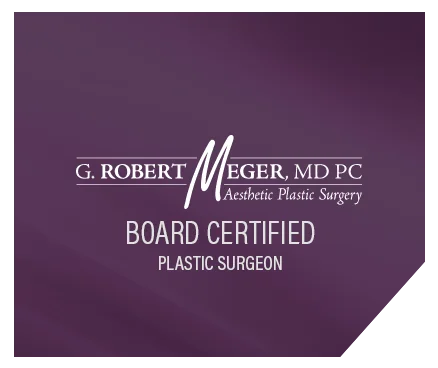Rhinoplasty, sometimes more commonly referred to as a nose job, is a well-known plastic surgery procedure performed to remedy issues ranging from aesthetics to significant breathing problems. When executed at the hands of an experienced surgeon, the procedure is usually well-tolerated and has few, if any, complications.
That said, as with any surgical intervention, there is a recovery process. Dr. G. Robert Meger, a board certified plastic surgeon serving the residents of Phoenix, Arizona and nearby suburbs, invites interested parties to read the following work suggesting recovery tips for those who have undergone rhinoplasty in some form.
The Recovery Timeline
Predicting exact recovery times is difficult because each patient heals at their own pace and numerous factors might play into the process. Moreover, the type and extent of the procedure might also must be taken into account.
Recovery Tips
Avoid Strenuous Physical Activity
For at least the first two weeks after the intervention, recipients are urged to avoid any strenuous physical activity and, above all, avoid any contact that could result in the nose being hit or bumped.
Obtain Adequate Rest
Plastic surgeons opine that receiving the prototypical seven to nine hours of sleep per night will promote the healing process and expedite the reduction in post-operative swelling. Moreover, recipients are encouraged to keep their heads up during sleep. Said action is thought to reduce swelling as well.
Consume Soft Foods
During the first two weeks of recovery, plastic surgeons encourage patients to consume only soft foods. Having to chew requires exertion of facial muscles that could place undue pressure the nose.
Limit Exposure To Sunlight
Excessive sunlight exposure could precipitate swelling, which will inhibit the healing process. Moreover, patients are encouraged to place sunscreen on their nose prior to spending extended duration outdoors.
Do Not Wear Glasses For At Least One Month
Pressure from the frames could further irritate surgically altered noses. If these vision-assistance items are vital to the patient’s ability to function, foam cushions should be placed between the nose and frames.
Contact Dr. Meger
Individuals who have undergone rhinoplasty and have concerns about the recovery process are encouraged to contact Dr. Meger. For more information about our plastic surgery and cosmetic surgery practice and the procedures Dr. Meger performs, please visit our website.
